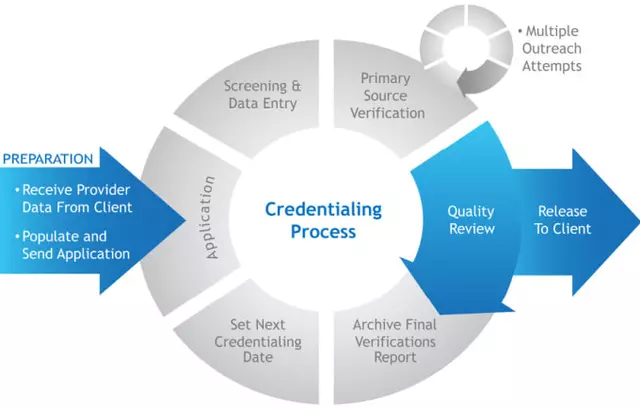Safe job search: practical steps to avoid scams and find real work
Looking for work online can feel risky. You want jobs that pay, not promises that lead to stolen time or money. Here are clear, practical steps you can use right now to keep your search safe—whether you want data entry work, call centre roles, or government-style stability.
Quick checks before you apply
Start every listing with a quick verification checklist. Does the job ask for money up front? That’s a red flag. Does the employer have a professional website or LinkedIn profile with consistent contact details? If not, pause. Check company reviews on multiple sites, look for a registered business name, and search the exact job text—scammers often copy-paste the same fake ad across many sites.
Watch for vague job descriptions that promise very high pay for little work, or require you to pay for training, software, or processing. Legit employers don’t ask candidates to pay to get hired. Also, test-only offers: a short unpaid sample task might be normal, but long unpaid projects are not.
Safe choices for common job types
Data entry and remote admin roles: pick listings on trusted job portals and verify the company first. Use your own accounts for payments (bank transfer, PayPal) and avoid employers who insist on complex third-party payment apps. Ask for a written offer or contract before starting real work. Check whether the software they ask you to install is a known product and never give remote access to your computer unless you fully trust the organization.
Call centre roles and overseas jobs: confirm recruiter credentials, and if relocation or work permits are involved, verify details with the official immigration or employer website. For jobs in Canada or the Gulf, look up the employer directly and ask for a formal offer letter with salary breakup and benefits—do this before paying any fees for visa paperwork.
Government jobs: these are often safer because application routes are formal. Apply only through official portals or recognized coaching/recruitment pages. Beware of messages promising guaranteed government placement for a fee—real government recruitment follows public announcements and transparent procedures.
News and price claims: saw a viral post about big price cuts or tax changes? Don’t act on social shares alone. Check official sources or reputable news sites before making financial decisions. Scary or sensational claims are often exaggerated.
Protect your personal data. Share only what's necessary on applications. Don’t upload full ID documents until you’ve confirmed the employer’s legitimacy and the reason for needing those documents. Use a separate email for job hunting to isolate potential spam.
Final practical tip: trust your gut. If something sounds off, ask questions and demand written proof. A short pause and a few checks can save you weeks of trouble. Stay curious, stay cautious, and pick workplaces that treat candidates with clear terms and respect.
Is online data entry job safe?
This article discusses the safety of online data entry jobs. It examines the potential risks associated with this type of work and provides tips to help ensure safety. It also looks at the benefits of working from home and how one can protect themselves from scams. It ultimately concludes that while there are some risks, there are steps one can take to protect themselves and still make money from online data entry jobs. Ultimately, online data entry jobs can be a safe way to make money from the comfort of one's own home.





